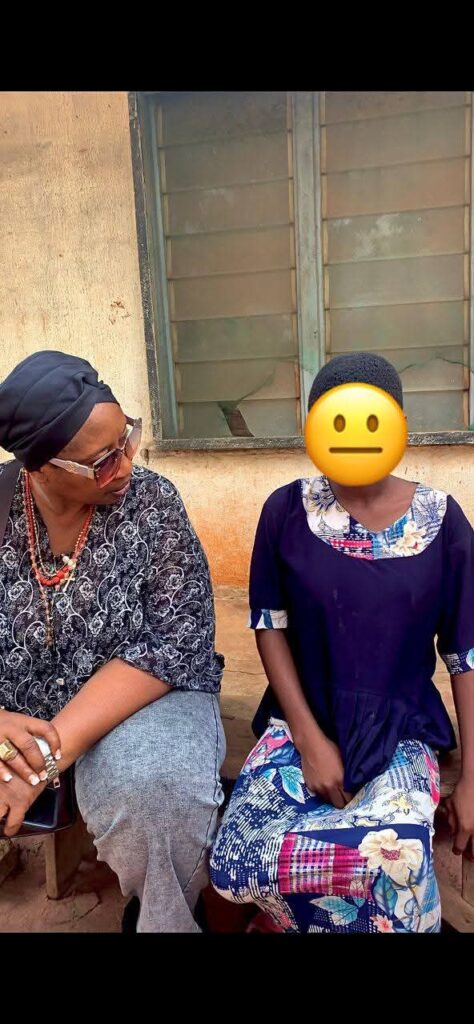Recently, there has been a worrying surge in cases of Child Abuse and Gender-Based Violence (GBV) in Imo State, the Southeast, and Nigeria at large. The trend continues despite intensifying advocacy from government agencies, NGOs, and civil society groups working tirelessly to curb these abuses.
According to the Minister of Women’s Affairs in Nigeria, more than 30,000 cases of gender-based violence were officially recorded nationwide between 2020 and 2024, a figure that highlights the alarming scale of the crisis and the urgent need for strengthened protection systems for women and children.
A tragic case of a 15‑year‑old Chinelo from Ochii Ogwa, Mbaitoli LGA, who was sent out to work as a domestic helper in several locations and, instead of receiving care, was continually molested by the individuals responsible for her safety. In each place, she was sexually assaulted and raped.
She was sent to Port Harcourt to help as a house help, but there, she was repeatedly raped by the household’s first son, identified as Chijioke. As we write, Chinelo is now five months pregnant and bears the deep trauma that no child should ever endure, without food, and in urgent need of care.
This is the story of many other girls whose families, driven by poverty, send them out as domestic helpers to households they believe can provide for their children academically and otherwise. Parents often hope that these families are able to give their children opportunities they themselves cannot afford.
But do these children actually receive the care and protection their parents envisioned?
Unfortunately, in many cases, they do not. The tragic story of Chinelo mirrors the experiences of countless girls in Imo State, across the Southeast, and throughout Nigeria. While some of these cases have been reported, spotlighted, or addressed, many others remain hidden, with children remaining silent, resigned to their suffering.

The question we must confront as a society is: Will our girls continue to live in fear?
Will they continue to be abused by those who should protect them? This is the harsh reality, and it challenges all of us, parents, communities, government, and the private sector to ask: what can we do to ensure children feel safe, supported, and confident enough to speak up when abuse begins?
Strengthen Parental Vigilance and Education
Parents must be empowered with knowledge about child rights, domestic work risks, and ways to monitor their children’s wellbeing. Community workshops, media campaigns, and parenting programs can equip families to make safer choices.
Enhance Government Oversight and Child Protection Systems
Ministries, local governments, and law enforcement must enforce child protection laws, regulate domestic work placements, and ensure rapid response to reports of abuse. Strengthen the implementation of the Child Rights Act nationwide.
Create Safe Reporting Channels and Helplines
Children should have access to confidential, child-friendly reporting mechanisms at schools, community centers, and online, like the advocacy Toll-Free Line 0800 900 1000. NGOs, social workers, and the government can collaborate to provide emergency support and counseling.
Engage Communities and Religious Institutions
Neighbours, religious leaders, teachers, and community groups should actively monitor and protect children. Community sensitization can help change social norms that tolerate abuse and silence victims.
Mobilize Private Sector and Civil Society for Support Programs
Companies and NGOs can provide scholarships, mentorship programs, and skill-building opportunities for vulnerable children to reduce the need for risky placements.Media campaigns can spotlight positive stories, encourage reporting, and hold perpetrators accountable.
This is a collective fight that all of us must join hands to fight to secure the future of our girl child and all our children in general.